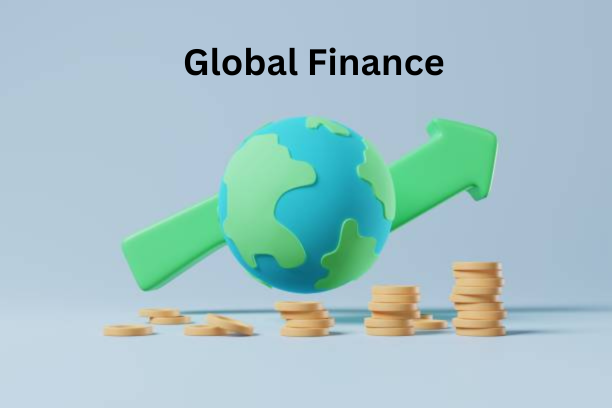In todays interconnected world, a career in finance gives not only financial potential but also a chance to be at the hub of global economic processes. The finance sector covers a large array of jobs, from investment banking to financial planning, and each track provides different obstacles and rewards. This article strives to present a thorough guide to navigating a successful career in global finance, including the needed credentialsimportant skills and possible job possibilities.
Understanding the Finance Sector
The finance sector is large and complex, spanning numerous subfields such as:
- Investment Banking: Involves helping organizations get entry to funds, advising on mergers and acquisitions, and handing over strategic financial advice.
- Assets Management: Managing assets on behalf of human beings or businesses to improve monetary wealth.
- Corporate Finance: Managing a corporation’s economic operations, including capital structure budgeting and investment planning.
- Financial Planning and Advisory: Offering steering to clients on coping with their cash, which include retirement planning, tax techniques, and estate preparation.
- Commercial Banking: Providing banking services to companies including loans credit and treasury management.
- Risk Management: identifying, assessing, and decreasing financial risks faced by an organization.
Essential Qualifications
To achieve a job in finance worldwide, specific training and work skills are critical:
Educated Description:
A bachelor’s degree in finance, economics, commercial enterprise administration, or a similar place is regularly the lowest required. Higher schooling tiers like a Master of Administration in Business (MBA) or a Master in Finance might offer an aspect over the competition.
Key Skills for Success
Success in the financial company demands a mix of technical and soft skills:
- Analytical Skills: Ability to examine financial data, spot market patterns, and make knowledgeable conclusions.
- Attention to Detail: Precision is crucial in financial operations and reporting.
Communication Skills: Effectively conveying hard monetary data to customers and stakeholders. - Problem-Solving Abilities: Identifying boundaries and providing strategic solutions.
- Technological Proficiency: Familiarity with monetary software and tools together with ExcelBloomberg and other trading platforms.
- Ethical Judgment: Maintaining high moral standards and honesty in all economic relationships.
Career Paths and Opportunities
The finance business offers a number of work choices. Here are some prominent ones:
- Investment Banker: Works with businesses to raise capital advise on mergers and arrange IPOs. Typically demands heavy hours; however, it gives decent income and growth prospects.
- Financial Analyst: Analyzes monetary statistics for useful resource companies in making funding choices. Analysts may additionally feature in different contexts, along with banks, funding businesses, and businesses.
- Portfolio Manager: Manages funding portfolios for individuals or institutions, making choices on asset allocation and making investment methodologies.
- Risk Manager: Identifies and mitigates financial risks interior an employer and keeps compliance with regulatory standards.
- Financial Planner: Provides counsel to customers on managing their own money and including investments, retirement planning, and tax solutions.
- Corporate Treasurer: Manages a company’s cash investments and risk, assuring financial stability and efficient capital management.
Navigating the Global Finance Landscape
A career in global finance typically demands working in various countries and understanding different financial markets. Here are some techniques for managing this landscape:
- Cultural Competence: Understanding cultural intricacies and business procedures in diverse locales is crucial for successful communication and negotiation.
- Networking: Building a robust professional network may open doors to worldwide chances. Attend business conferencesjoin professional groups and utilize social media networks like LinkedIn.
- Continuous Learning: The financial business is dynamic and with regular changes in regulation, technology and market trends. Stay updated with constant education and professional progress.
- Language Skills: Proficiency in several languages may be a huge benefit particularly in locations where English is not the prevailing language.
Conclusion
A career in global finance gives multiple options and the potential for significant rewards. By gaining the relevant certifications, polishing important skills, and grasping the global financial climate, you may design your route to success in this interesting and dynamic area. Whether you aim to be an investment banker and financial analyst, or financial planner and the finance business has a bright future for persons who are committed and well-prepared.
Also Read:

